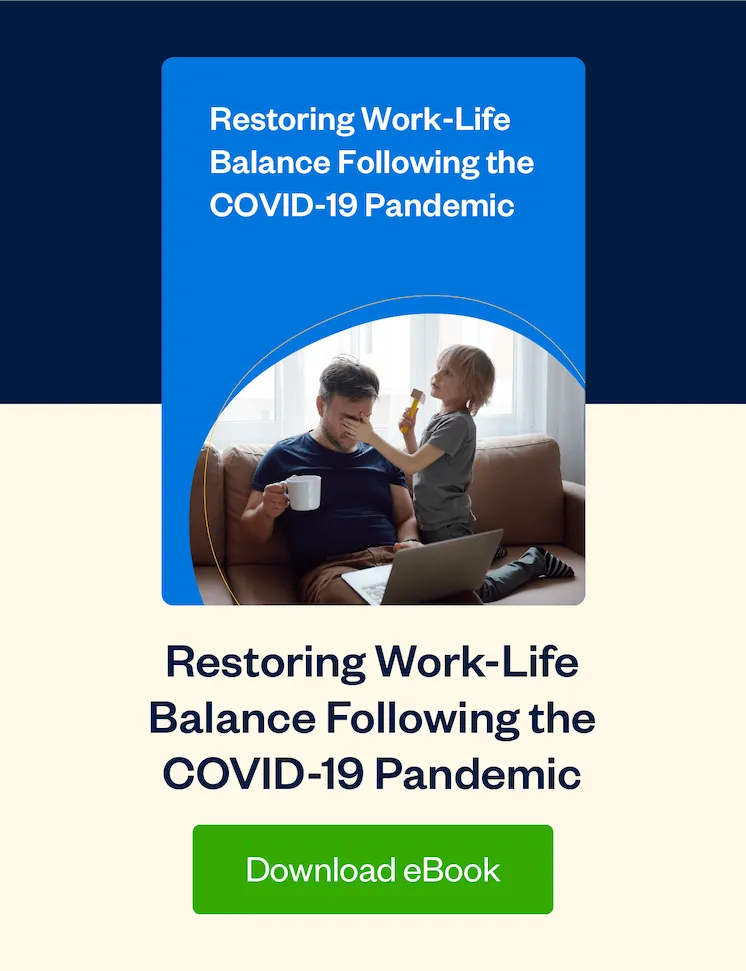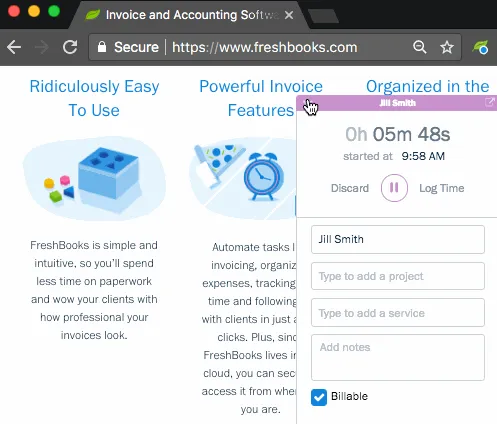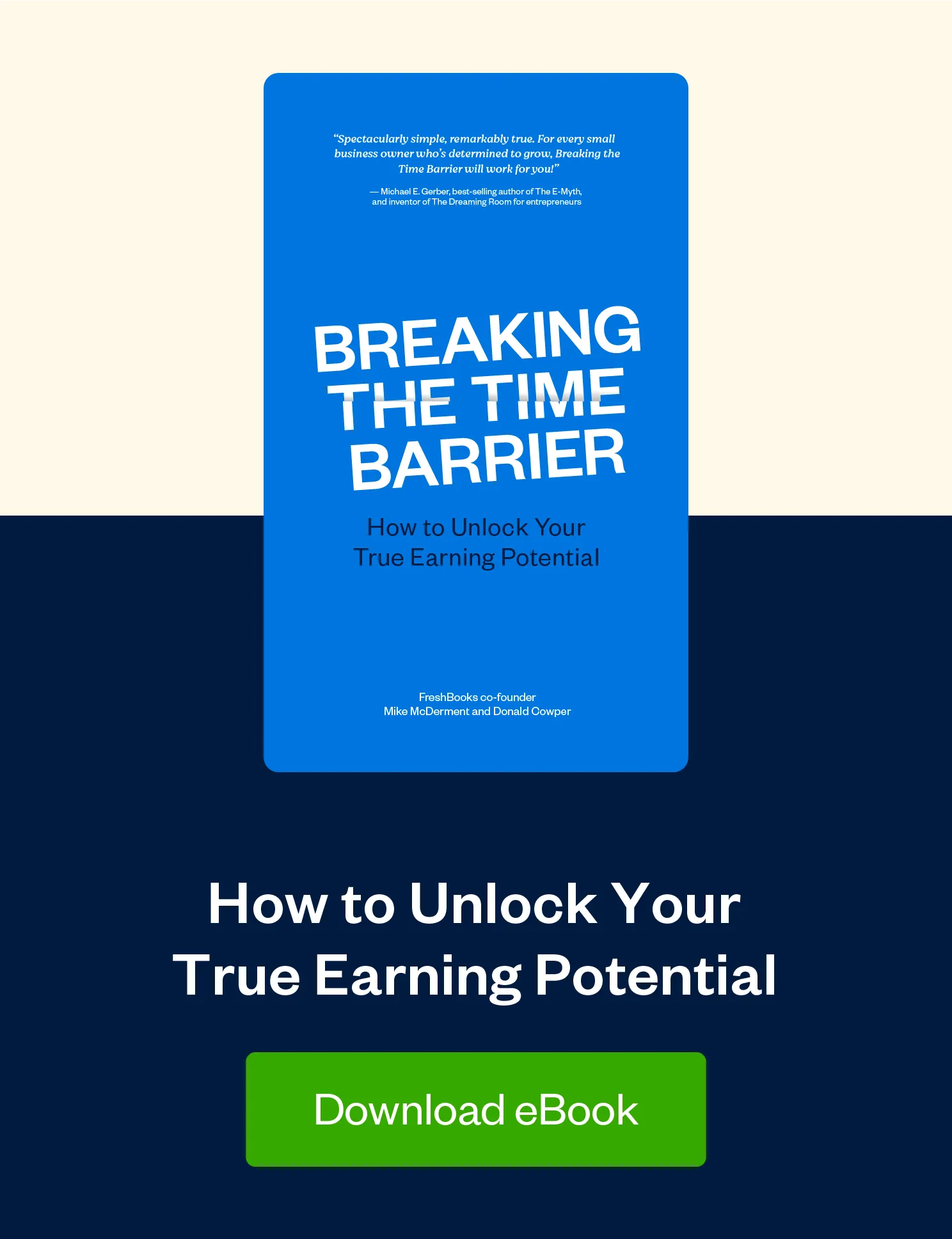Tracking my time for a week was an eye-opening experience, with surprising results.
Three weeks ago I decided to engage in an experiment: I tracked every minute of my working days for a week to see if there were actually any benefits to time tracking.
I had previously read about how time tracking improves productivity, but I always remained reluctant to do so. Why?
I was skeptical about the benefits of time tracking. But after much introspection I realized this wasn’t the only reason—there were, in fact, others.
Breaking Through the Discomfort of Tracking My Time
The reluctance to track my time stemmed from the fear that I would realize just how unproductive I actually was and that I would then have to put in extra work to remedy this situation.
Isn’t it funny how we avoid scenarios that could potentially lead to a lot more work? Especially scenarios that require us to admit to ourselves that something isn’t quite right?
The unwillingness also stemmed from the thought of having a timer running in the background. I compare it to having a little birdie on your shoulder that’s checking your every move. Who wants that discomfort?
Nevertheless, I gave it a try. On Monday morning (19th February 2018)—I started tracking my time for an entire working week using FreshBooks’ time tracking feature. Along the way, I documented all my feelings in a journal. In this post, I’ll share those feelings and what I learned through the process.
Day 1: The Discomfort Was There, but Not for Long
After logging into FreshBooks, accessing their “Time Tracking” feature and installing the handy FreshBooks Chrome browser extension, I started my first timer.
Guess what? That discomfort I feared reared its ugly head. I was so aware of the timer that I found it difficult to work. But you know what? I powered through that discomfort and it wasn’t long before I forgot about it.
That first timer ticked along for 90 min before I paused it. I then assigned the specific client and project, selected the type of work, marked the time as billable and logged the time. Voila! I had officially recorded my first timer!
At the end of day 1, I viewed my progress in the Time Tracking dashboard and I had logged a total of 5 hrs 34 min of actual work.
My first timer was the only client work I did for the day and the remaining four hours were spent on studying and work related to an online business I run which is separate from my writing business.
As I viewed my progress, a funny feeling overtook me: I felt this tremendous sense of achievement in knowing exactly how I had spent my working day.
Day 2 to 3: My Focus Improved, Drastically
I carried these feelings and this positive energy into day 2 and 3. Not only was I now comfortable with the timer doing its thing, but I actually became more focused.
Knowing I was tracking my time gave me the motivation to make darn sure that I was making the best use it. I didn’t succumb to the desire to trawl my Facebook feed and I didn’t immediately respond to emails as they came in.
Instead, I zoned in and started batching my tasks. For example, I responded to all my emails in the early morning and not at odd times during the day. With improved focus, the breakdown of my time for day 2 and 3 were as follows:
- Day 2: I logged 6 hrs 8 min and spent 1 hour on a blog post for a client and the remaining hours on finishing a post for my online business.
- Day 3: I logged 8 hrs 20 min and spent most of my day finishing a blog post for a client—5 hours to be exact. The remaining three hours I dedicated to my online business and responding to emails.
By tracking my time for only three days my focus had improved tenfold. A clear picture was also forming of how I spend my working time: Over my first three days, I had logged approximately 20 hours of work, of which 7 were paid.
Day 4 to 6: I Became a Master Planner
Sold on the benefits of time tracking, I now concentrated on making even better use of my working hours. I started planning my days the night before. I wrote down key tasks that I wanted to complete the next day. This would be anywhere from 1 to 3 key tasks—depending on my time estimations for how long they would take.
As I completed those items, I ticked them off in my diary and moved onto others. After finishing everything for that day, I either took time off or switched to some other less important task.
Throughout the rest of the week, I continued logging my time against clients and projects. The sense of accomplishment only grew as I looked at how much time I was spending on those clients and projects.
My time log for day 4 through to 6 looked as follows:
- Day 4: 3 hrs 05 min on a blog post outline for a client and 4 hrs 10 min on social media scheduling and finishing an ebook for my business.
- Day 5: 1 hrs 32 min on finishing the blog post from the previous day for a client and 5 hrs 30 min on completing a growth strategy for my business.
- Day 6: I logged a total of 5 hrs 08 min and spent all that time working on writing an eBook for a client.
By the end of the week I had logged a total of 39 hrs 30 min of work from Monday through to Saturday (yes I sometimes work on Saturdays). And, by reviewing my time in the time tracking dashboard for that week, I had an overview of what exactly I was doing with my time.
So, What Did I Learn by Tracking My Time for an Entire Week?
Here’s what I learned from that data and also from my experience:
1. How I Actually Spent My Time
I alternated between two core areas: client work and my online business. I was also spending a small part of my time on administrative tasks (e.g., email) and studying.
Digging deeper into this data out of the 39 hrs 30 min of time logged, I spent:
- 17 hrs on client work (paid)
- 1 hrs 30 min on studying (unpaid)
- 2 hrs 30 min on administrative tasks (unpaid)
- 18 hrs 30 min on my online business (currently unpaid)
I had clearly spent more time on unpaid work.
2. What I Should Spend More Time On
Spending more time on unpaid work isn’t necessarily a bad thing. After all, studying is an investment in myself and my writing business. And, although I’m not generating any money from my online business right now, by devoting time to it, I will soon.
However, I do have bills to pay and I am generating good money from my writing. It seems logical to spend more time on my writing business compared to my online business. Besides, by making more money from that, I can invest it in the online business.
Furthermore, I found that I was spending most of my time working with only one client. While I do have several clients I work with, work is often sporadic and—with it—the income. This tells me one thing: I need to spend more time marketing myself to get more clients so that:
- I have income from several sources
- I’m not only relying on one client
The fact that I did no marketing for my writing business during the week reinforces that marketing is an area I should focus on.
Do you know what areas you should focus on?
3. We Spend Far Less Time Working Than We Think
If you take the total time I worked and divided it by the number of days, I actually only worked an average of 6h 35 min per day. It makes you realize just how little time you actually spend working during a 8 to 9 hour day.
I’d always known that you cannot be productive all the time. After all we’re humans and not machines, but actually seeing the data made it real. I also realized how:
- Important it is to make the best use of your working time
- Essential it is to tune into when you work best and what tasks suit those times
For example, for me my most productive work hours are between 07:00 am and 14:00 pm. I prefer writing in the morning and dedicating my time to administrative tasks and marketing in the evening.
When do you work best?
4. Discomfort Is Usually Only Temporary
We often brush new things aside and don’t try them because we either tell ourselves: “This won’t work for me.” Or, “I don’t want to try this because of [insert reason].”
In my case, the discomfort that the timer would cause was that reason. And, while that feeling was confirmed, it soon disappeared. That scenario is a reminder that—as with most things in life—we achieve comfort over time.
Think about anything you now do that’s second nature such as chatting with clients over the phone, having money conversations or even going to to the gym each day. The first time you did those things you were hugely uncomfortable but the more you did them, the more comfortable you became. This is no different.
5. Time Tracking Does Actually Have Many Benefits
My experiment quashed my skepticism over the benefits of time tracking. Having the timer in the background was the catalyst that made me think about how exactly I was spending every minute of my working days.
By tracking my time, I improved my focus, planning and productivity. And, all this within only a week! I continued tracking my time in the weeks that followed and continue to do so as I write this.
I now urge others to also give it a try: Only recently I told a copywriting friend to track her time and see what difference it makes.
Why don’t you do the same? Track your time for one week using FreshBooks and see what difference it makes. Who knows, you may find—like I did—that time tracking provides several benefits and actually improves how you run your business.

Written by Nick Darlington, Freelance Contributor
Posted on April 9, 2018








